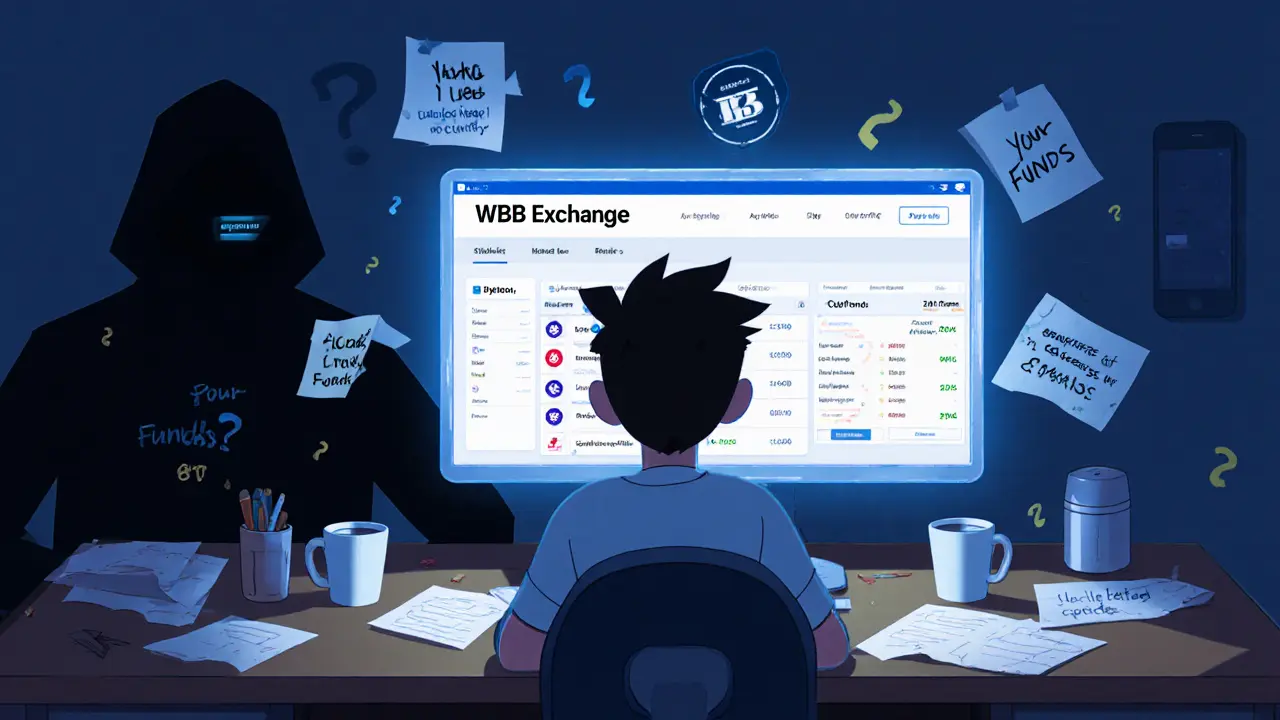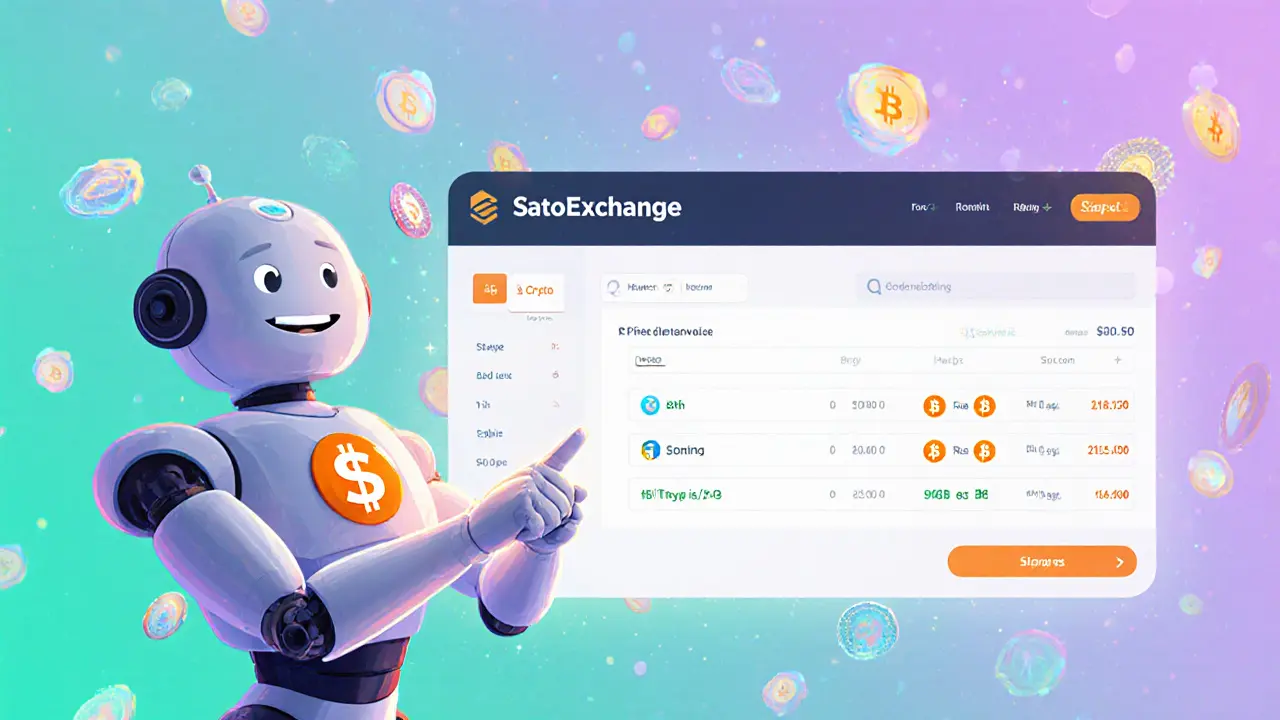Cryptocurrency Trading: Strategies, Tools & Insights
When diving into cryptocurrency trading, the practice of buying, selling, and swapping digital assets on various platforms. Also known as digital asset trading, it fuels market liquidity and price discovery. cryptocurrency trading isn’t just clicking a button; it blends market analysis, risk management, and order execution. Understanding how each piece fits together helps you avoid costly mistakes and spot real opportunities.
One of the biggest game‑changers is the rise of decentralized exchange, a peer‑to‑peer platform that matches orders without a central custodian. Also called a DEX, it lets traders keep full control of their assets while accessing deep liquidity pools. Because DEXs operate on smart contracts, they remove the need for traditional intermediaries, which can lower fees and reduce counterparty risk. This shift influences how you plan your entry and exit strategies, especially when you want to trade around volatile news events.
But the landscape isn’t regulation‑free. crypto regulation, government policies that define how digital assets are classified, taxed, and supervised shapes everything from exchange licensing to reporting obligations. Recent changes in the U.S., Europe, and Asia have tightened KYC requirements and introduced new tax forms, meaning traders must stay updated to remain compliant and protect their profits.
Another pillar of modern trading is staking, locking up crypto tokens to support network security and earn passive rewards. Staking can boost your portfolio’s yield without active market timing, but it also ties up liquidity and introduces network‑specific risks. Knowing which platforms offer reliable validators and competitive APRs lets you integrate staking into a balanced trading plan.
Secure storage rounds out the equation. A software wallet, a hot wallet application that stores private keys on a connected device gives you quick access to trade, stake, or swap assets, yet it requires strong password hygiene and two‑factor authentication to fend off hacks. Pairing a software wallet for daily use with a hardware wallet for long‑term holdings creates a safety net that many seasoned traders rely on.
All these pieces—decentralized exchanges, regulation, staking, and wallet security—interlock to shape a trader’s success. Below you’ll find a curated list of articles that dive deeper into each area, from node counts that affect network health to the latest tax reporting rules. Use them to sharpen your strategy, stay compliant, and make smarter moves in the fast‑moving world of cryptocurrency trading.
WBB Exchange Crypto Exchange Review: Features, Risks, and Real User Experience
WBB Exchange offers automated trading tools but lacks mobile access, security transparency, and user reviews. Find out why it's not recommended for most traders in 2025.
- 17
- Read More
SatoExchange Review: In‑Depth Look at Fees, Tokens, and User Experience
A concise, up‑to‑date review of SatoExchange covering fees, token details, security, user sentiment and whether it fits beginners or seasoned crypto traders.
- 20
- Read More
ZBG Exchange Review: In‑Depth Look at Safety, Fees & Real Volume
A detailed, no‑fluff review of ZBG Exchange covering real volume, hidden fees, security, regulatory status and how it stacks up against major crypto platforms.
- 21
- Read More


